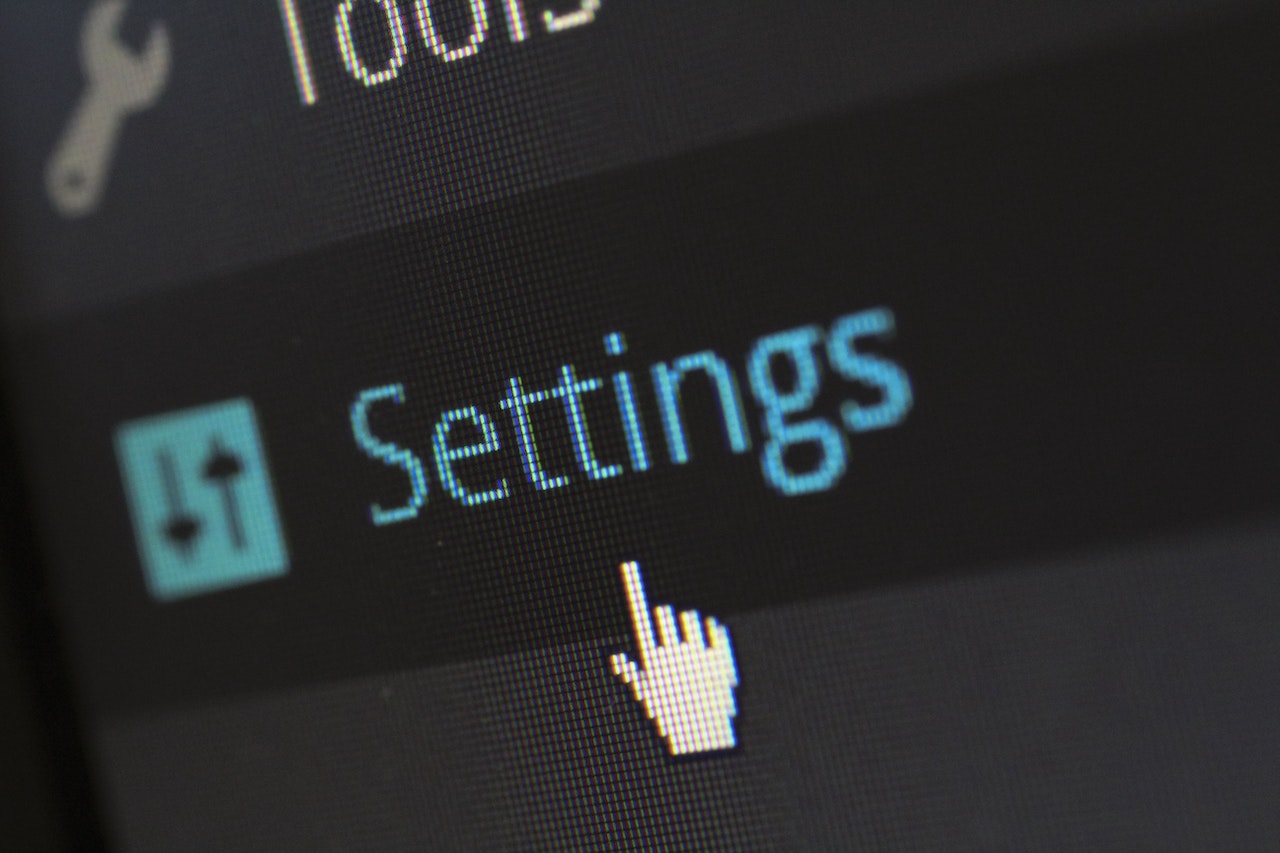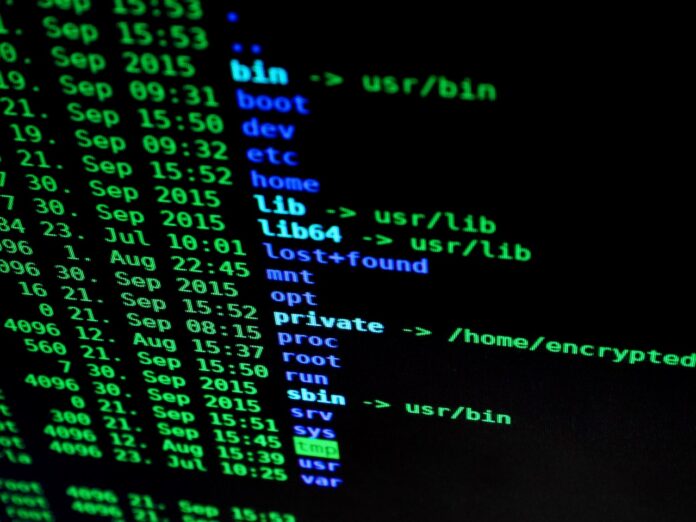Encryption is a science of security measure that deals with protecting any information stored on an electronic device from prying eyes. It saves information in a scrambled form, which will be unreadable by people unless they supply the correct unlock credentials. In simpler terms, encryption turns data into a secret code that will look gibberish to whoever comes in contact with it.
On mobile devices, whole-phone encryption is usually activated by default on modern phones and operating systems. However, if, for one reason or the other, you choose not to make use of the built-in encryption, there are several third-party applications you could rely on to provide it for you.
However, data created through third-party applications store information on their servers, and its encryption may not be 100% guaranteed. Let us, therefore, discuss reasons you should make sure you are making use of an encrypted phone.
6 Reasons Why You Should Use Encrypted Phone
For Privacy Reasons

The privacy concern for a phone is a huge one. Whoever lays their hands on any unencrypted file will be able to read its contents easily. Even if the concerned file is an unknown file type, as long as it is without encryption, anyone would easily find out its content.
For this reason, using an encrypted phone will grant you the privacy you require for the personal data and information contained in your device.
For Default Protection
When you have each of your mobile storage encrypted, it will undoubtedly be helpful in not allowing whoever steals your phone to steal your identity as well. However, how about those documents you have not encrypted?
A thief would, without difficulty, pull those files from your unencrypted phone, even without the need to power it on and log in. However, Vista automatically encrypts their hard drives whenever they are powered off.
So, until the user turns the device on and inputs their password, the files will technically be impossible to decrypt. This, therefore, means that the average user will be able to benefit from strong encryption by default.
For Virtual Private Networks
A virtual private network is a crucial tool for whoever desires to have their Wi-Fi communications kept secure. A VPN generates a secure encrypted communication channel between your device and the internet.
A virtual private network can be utilized by various businesses in order to keep information encrypted until it gets to its destination, as it is surprisingly easy for one’s data to be stolen through unsecured Wi-Fi. Shockingly, there are numerous people who make a highly decent living from such acts!
Without the strong encryption provided by a VPN in a device, a lot of businesses would have had to reconsider their operations. Hence, using a VPN for public Wi-Fi should be an ultimate priority, especially if you are a frequent user of this unarguably convenient service.
An excellent virtual private network can efficiently be utilized without experiencing much difficulty, and it is usually light on phone resources as it helps keep personal information secure.
For Trustable Applications
Many of us surrender a large amount of personal and sensitive information to application developers. Whether the purpose is to enable the application to function as intended or not, it can only be hoped that whatever data is stored in the application will remain encrypted.
However, if any other application developer gets involved by chance, they could have a peek at the unencrypted information.
It is important to learn the warning signs of dodgy applications, especially if the application will be dealing with your private information. Ways to beware of dodgy apps include:
- Not downloading applications from third parties.
- Always checking for reviews before you get any application installed.
- Critically going through all application permissions before granting. For example, why should an app related to torch request for access to your contacts?
- Install a security suite in order to scan and notify you of any potentially dangerous application before hitting the option “download”.
For Whole Devices (Or Phones)
Whole-phone encryption has quite more nuances attached to it. The favorable aspect of it is that it is another layer of protection for a mobile phone which significantly enhances overall security.
That is, if your phone gets stolen or lost, whole-phone encryption will provide protection that would be able to make the difference between the theft being a main problem or just a minor inconvenience.
On the other hand, many phones that do not provide encryption by default are older. Therefore, encryption applications are likely to slow them down drastically.
It is worthy of note that the encryption process takes quite some time to set up, and if you possibly lose your encryption key, you will be in serious trouble.
Furthermore, put in mind that an encryption application will not safeguard your device from cyber threats such as malware, phishing, or theft of the mobile device. The encryption application stores may also contain a lot of rogue encryption applications whose aim is to steal your valuable data.
For Personal Rights
Privacy was stated earlier, but only few countries have enacted regulations or legislation designed to protect digital rights. If any file is unencrypted, anybody can access and view it. But as long as the file is encrypted, the consent of the data owner is needed to access it.
Encryption implies that you can store all sorts of personal information on your device with confidence. Interestingly, even governments have been defeated by the strength of modern encrypted smartphones.
Get Your Mobile Devices Encrypted

Encryption of phones is not new in the mobile industry, and encryption has become an unavoidable part for all manufacturers of smartphones. From safeguarding your data against getting compromised to making your personal details top secret, mobile encryption can achieve it all for you!
Therefore, now that you are aware of the importance of an encrypted phone, you should get all your mobile devices encrypted and have your data protected from any unwanted breach.





